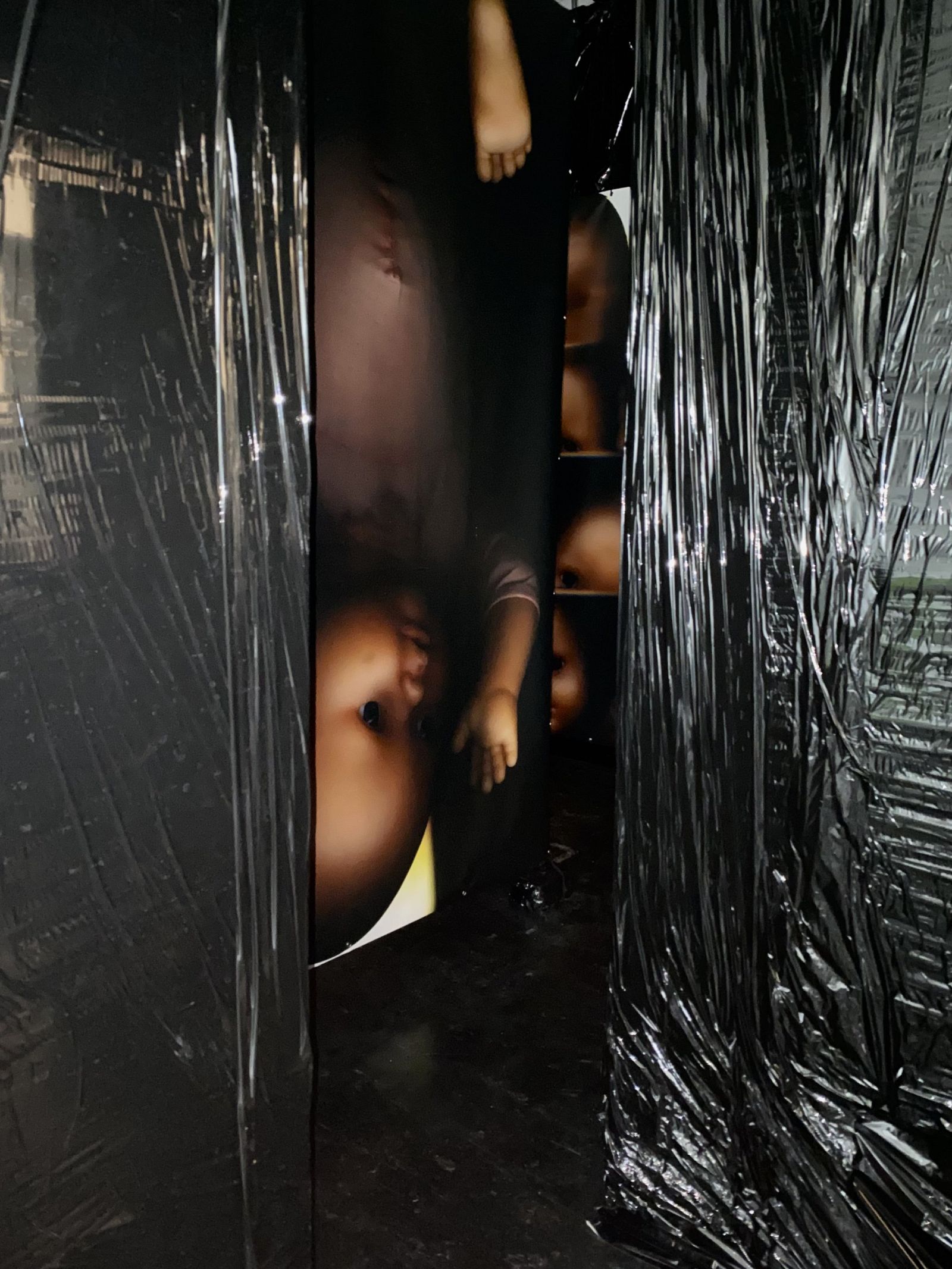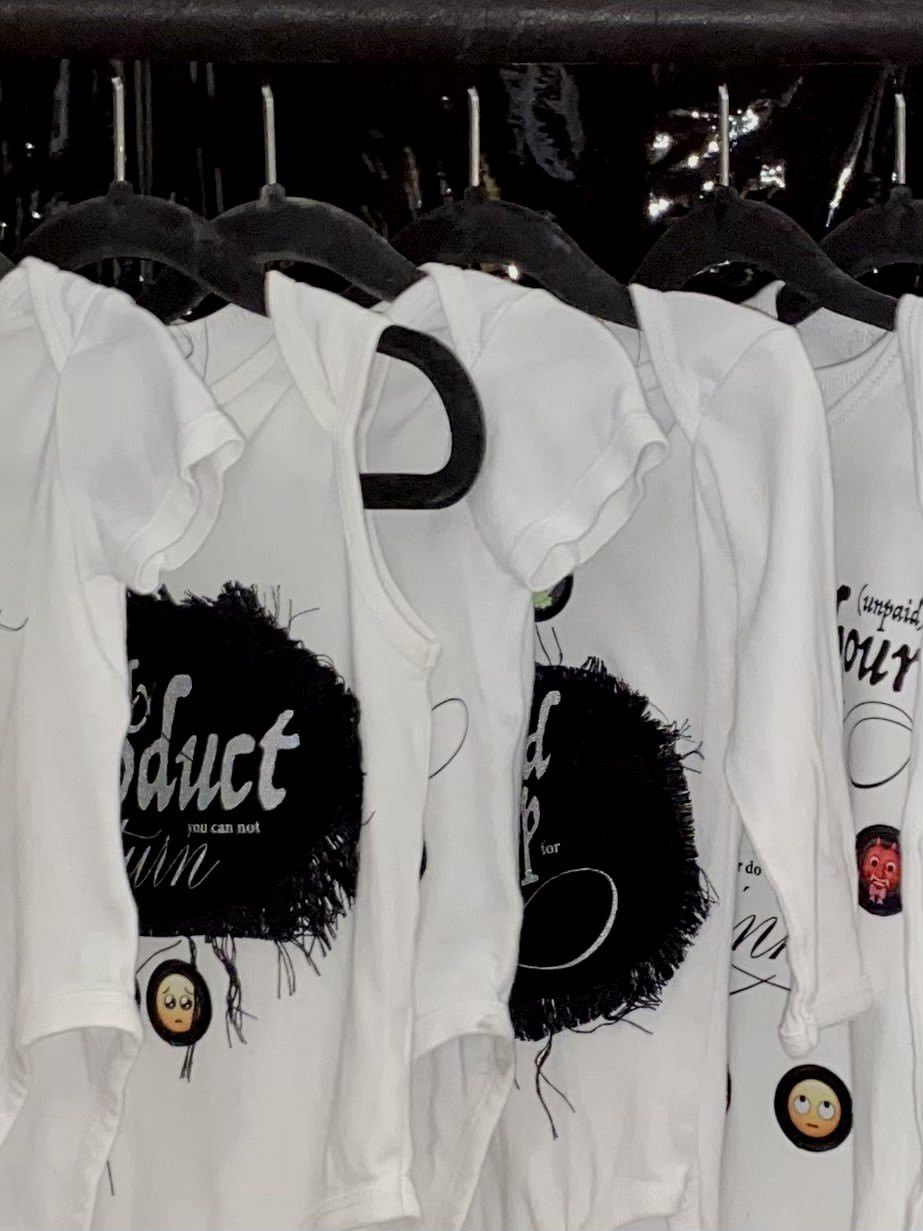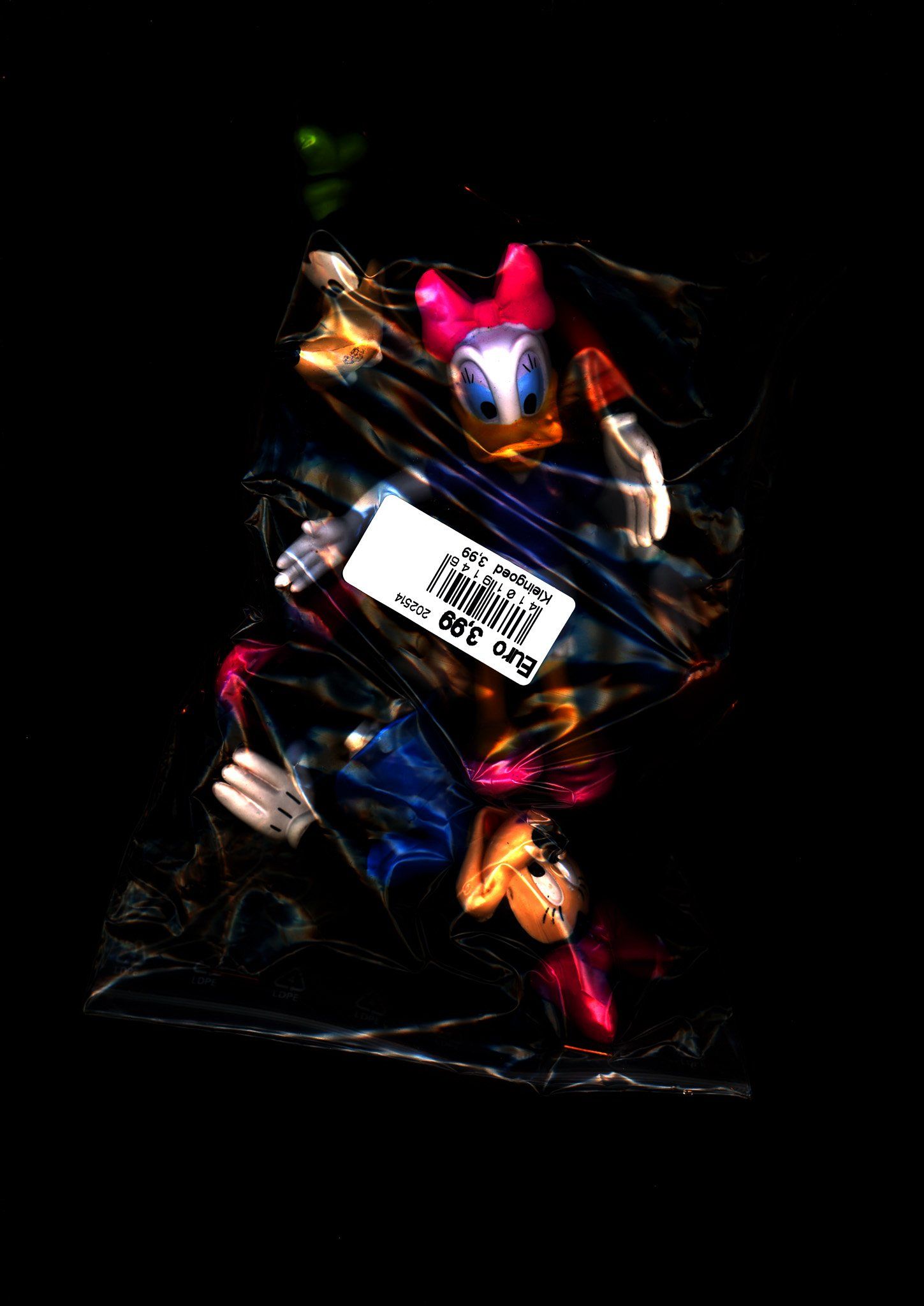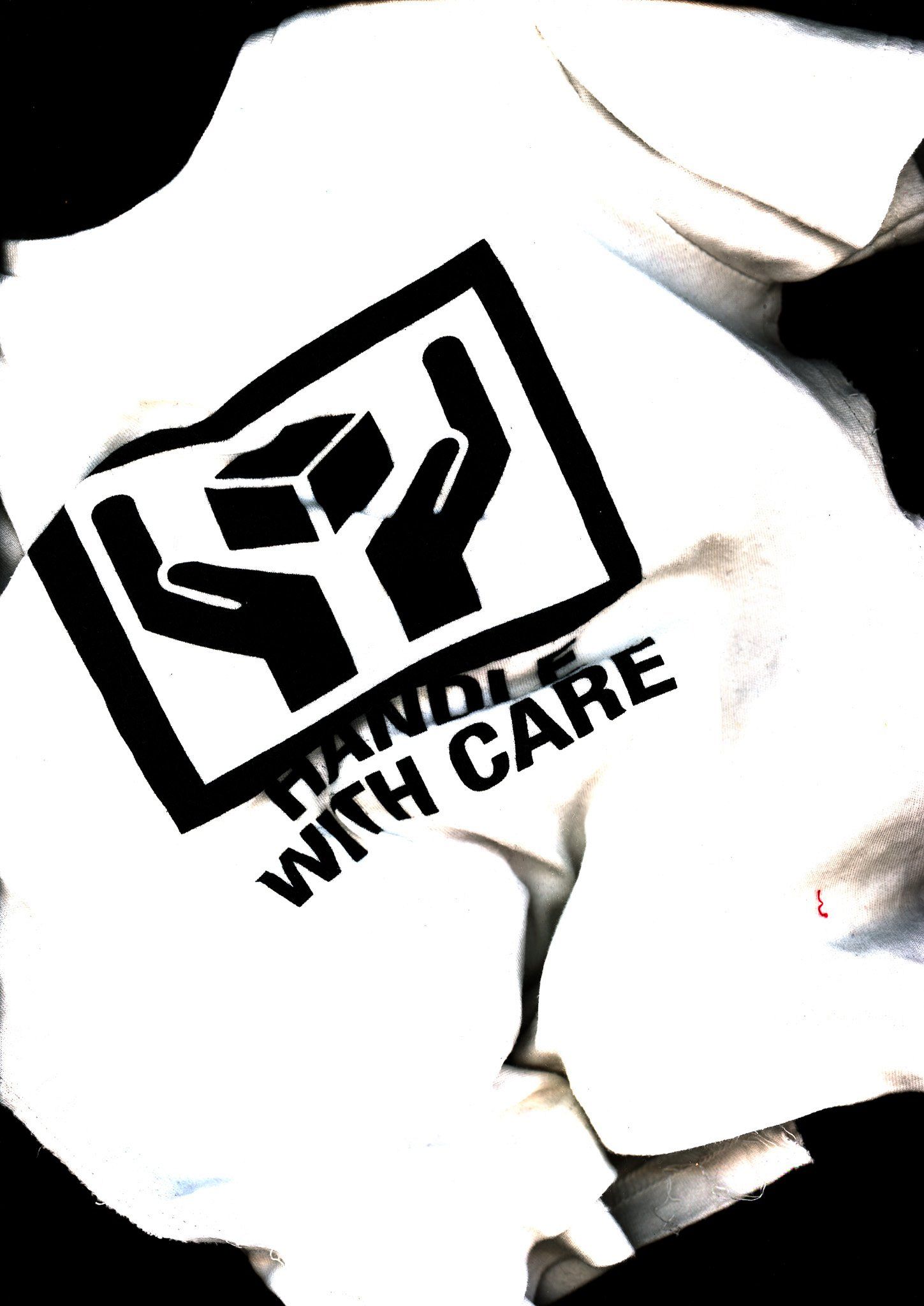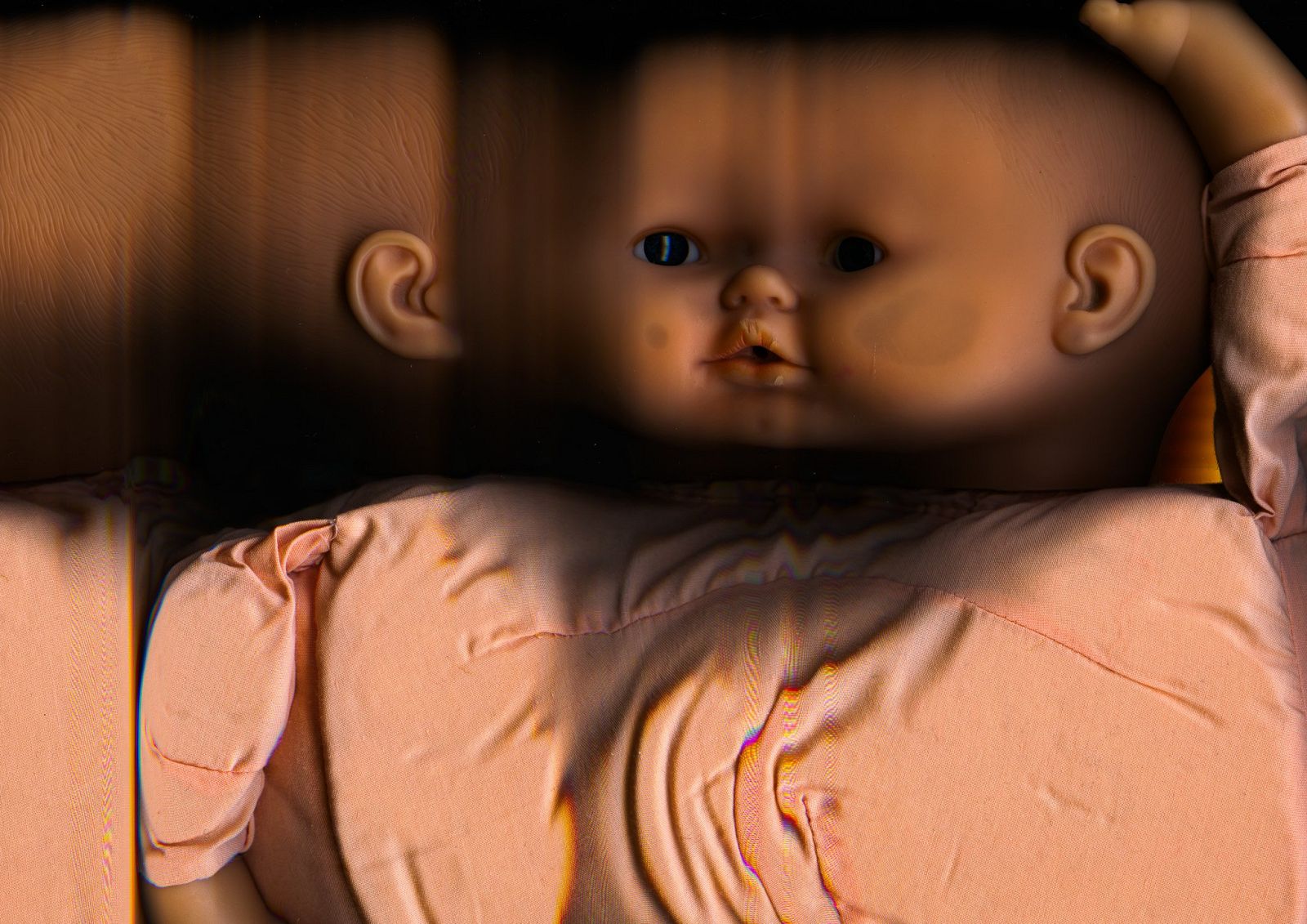
Doga Cakmakci
Keywords: Childhood, Cute, Resistance
The House of O explores HUMAN as a biologically and sociologically engineered western ideal: a construct, a commodity, an artificial heteropatriarchal industrial product; made of flesh, yet programmed and categorised by society - designed to generate capital.
The name, The House of O, comes from the only third-person pronoun in Turkish: O. Unlike most Western languages, Turkish doesn’t employ gendered pronouns; O, a genderless pronoun, has always existed outside Western hegemonic structures - used for all, encompassing he, she, it, living or non-living beings. The work focuses on childhood, gender, and sexuality; exposing the underlying mechanisms that maintain and re-establish heteropatriarchal relations by inviting visitors to take a step into the world of the infantile - primary stages of constructing and conditioning a HUMAN.
Through glitched scans of baby dolls escaping capitalism’s flattening capture mechanisms, an essay film (Phantasmagoria of the Self: A joyful death is a birth of an Other) investigating the processes of conditioning and resistance, and baby clothes vested with brutally honest slogans The House of O materializes the voice of the O.
O, disturbs the polished fantasy of innocence and purity in the infantile world; expressing frustration, rejection and resistance toward the established heteropatriarchal normality. Employing cuteness as a Trojan Horse - (a)cute enough to charm and disarm - O delivers and spreads queer agenda. What, then, might emerge when cuteness is not used to tame, but to disorient?
